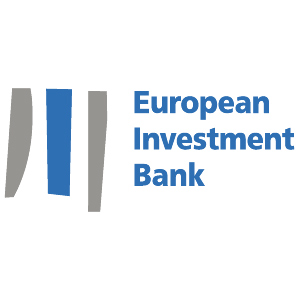BAKU, Azerbaijan, May 31. The economics of hydrogen, where scale alone may not be sufficient to bridge the economic gap, require innovation that would facilitate larger-scale deployment at a lower cost, Trend reports with reference to the European Investment Bank (EIB).
“Investors agreed that innovation in hydrogen remains critical for the success of the EU hydrogen strategy and the European Green Deal. The investors consulted highlighted the need for innovation and R&D at the hydrogen production stage, where disruptive technologies that could optimise the economic aspects of hydrogen production are sought. This need for innovation calls for action at the earliest stages of the development cycle, where granttype and research support funding can be deployed. Significant opportunity exists here and there is a perception that hydrogen is falling behind in comparison to groundbreaking developments in other fields,” EIB says in its report.
The report reveals that the venture capital scene for hydrogen is concentrated, with a limited number of European funds focused on hydrogen and corporate venture capital players dominating the space.
“Many venture capital investors remain cautious with respect to innovative business models requiring significant capital expenditure and real world project deployment to meet development and valuation milestones (as opposed to often more scalable valuation milestones that can be achieved in information and communication technologies or life sciences). The venture capitalist and corporate venture capitalist investors consulted mentioned a number of investment constraints.
These include the high capital expenditure requirements of hydrogen demonstration projects; the high valuation of start-ups, which limits their ability to invest; the geographical limitations of European public mandates, which can inhibit cross-border projects with countries outside the European Union; and the need for research and development that could bring new players and innovations that would lower the cost of hydrogen to market,” says EIB.
---
Follow the author on Twitter: @Lyaman_Zeyn







